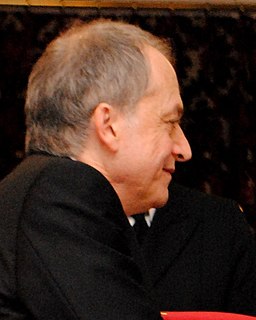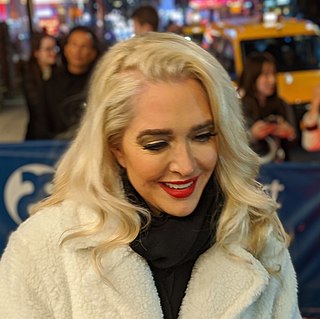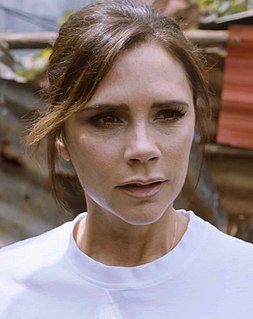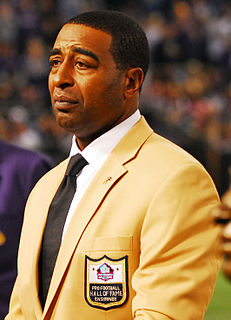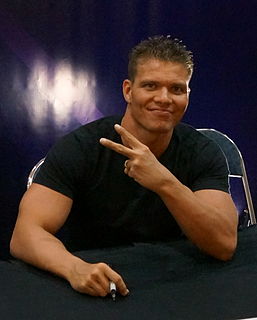A Quote by June Diane Raphael
I really do. I don't see it as a kind of elite experience - it's our biggest organ. We need to see a dermatologist and have them really look at our skin and figure out what's going on.
Related Quotes
I always use a really simple analogy: if you're putting organic food on your table because you care about eating well, shouldn't you be trying to do the same with what you're putting on your body? Our skin is our biggest organ. Everyday you are absorbing things through it. The way that a cream without the right ingredients can affect you, everything you put on your skin matters.
We sit at our consoles and play "Gears of War", but we don't see images from war. We don't turn on the news and see the evidence of war, the result of war. Maybe twice a year, Memorial Day, Veterans Day, we'll go out, we'll hang our flags, we'll try to inculcate in our children some sense of national honor for the fallen. But really, we don't see it. We just don't see the pictures. There's no drive-by on the freeway of death up close. So we don't really see bravery.
What we did with Avatar, if you really look at it, we took things that are out there in the world every day, we just made them bigger, shinier. ... But all our inspiration comes from the real world. So if you really look, you can see all those things around you, and I would just encourage people to get out and look for it.
I think a good quarterback or a good linebacker, a good safety, even though you have a lot of bodies moving out there, it slows down for them and they can really see it. Then there are other guys that it's a lot of guys moving and they don't see anything. It's like being at a busy intersection, just cars going everywhere. The guys that can really sort it out, they see the game at a slower pace and can really sort out and decipher all that movement, which is hard. But experience certainly helps that, yes.
I look at a pilot and go, "I see the landscape. I see the characters. I see the direction and the potential of the story." And I also go, "That didn't work. I could change that. Maybe that works. I don't know. We'll see." For me, I look at it, as an actor, as what can I improve upon? So, to have it out there and judged solely on its own merit is really a unique experience for me.
I think the biggest challenge was being aware of a certain audience that was going to see this film [lone survivor]. There's a big difference from a typical movie, journalists and critics and film goers that go see it find that, that's the general experience you have as a filmmaker. So that just kind of proves my point that there's a really different audience.
To a certain extent everybody has a certain sort of way of being a persona that they learn how to be when they're really little. They figure out that if they're really funny, or really pretty, or if they work really, really hard or are really smart, then that's what's going to get them by. That is what is going to make people like them.
So, the role of a producer is to kind of look at the show, kind of give our takes on what we see, and that'll be prior to the production meeting. Then, we kind of get assigned our matches and our segments, and then we - I like to go and collaborate with talent, and we put together what we see on TV every Monday and Friday.
During your lifetime, the people of our culture are going to figure out how to live sustainably on this planet--or they're not. Either way, it's certainly going to be extraordinary. If they figure out how to live sustainably here, then hum anity will be able to see something it can't see right now: a future that extends into the indefinite future. If they don't figure this out, then I'm afraid the human race is going to take its place among the species that we're driving into extinction here every day--as many as 200--every day




